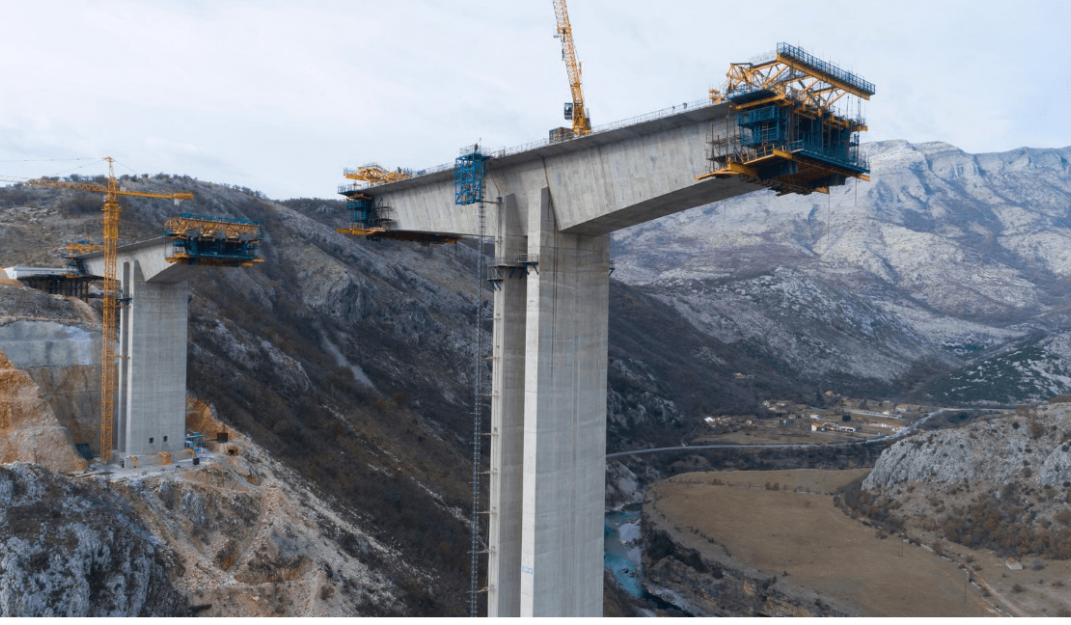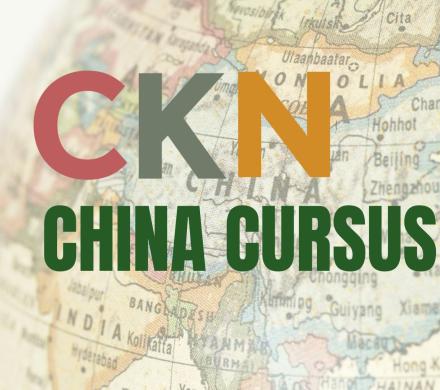
A zero-sum game?
Read report.
This Clingendael Report explores whether and how China’s approach to the six non-European Union (EU) countries of the Western Balkans (the WB6) relates to EU interests. It focuses in particular on the question of whether China’s influence affects the behaviour of the WB6 governments in ways that run counter to the EU’s objectives in the region. China engages with the Western Balkans primarily as a financier of infrastructure and a source of direct investment. This is in line with China’s main strategic objective for the Western Balkans – that is, to develop the Land–Sea Express Corridor, a component of its Belt and Road Initiative, aimed at improving China–EU connectivity.
This report proposes a number of actions based on recognising the developmental needs of countries in the Western Balkans, and accepting that China’s economic involvement is inevitable and potentially beneficial for such developmental needs. In particular, the EU should maximise accession conditionality as a tool to influence the conditions under which China is involved in the region.
Read full report.
Source photo: Construction of bridge of a new highway through the Moraca canyon in Montenegro

Clingendael Institute
Clingendael is an independent think tank and a diplomatic academy, based in The Hague - City of Peace and Justice. We aim to contribute to a secure, sustainable and just world through our analyses, training and public debate. We work with partners across public and private sectors, including policymakers, members of the armed forces, diplomats, politicians and business executives.



